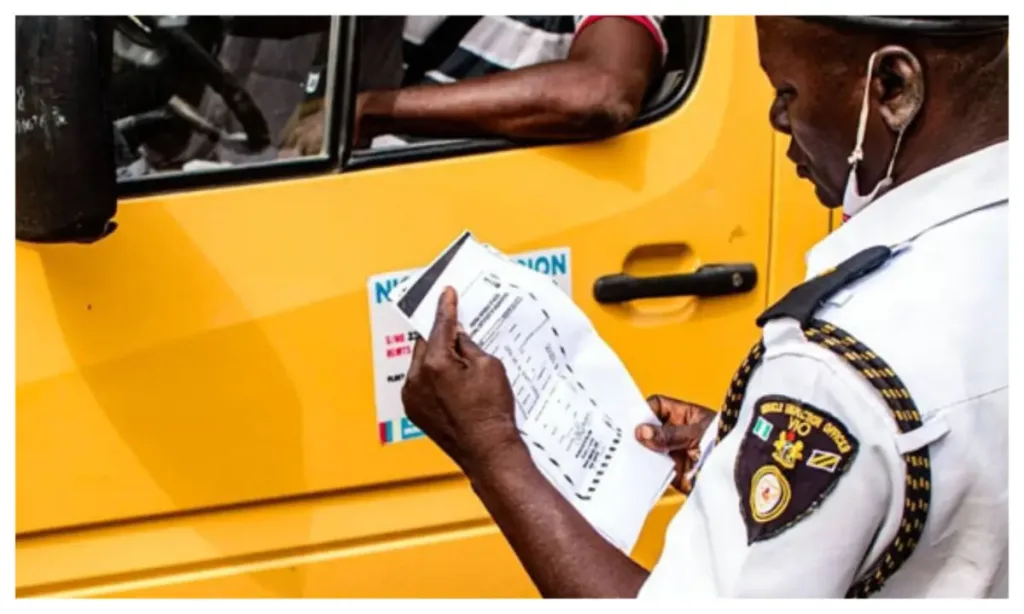The Lagos State Government has mandated compulsory vehicle inspections for all registered ride-hailing services in a bid to enhance passenger safety, improve service quality, and enforce regulatory standards. Transport Commissioner Oluwaseun Osiyemi unveiled the directive during a meeting with industry stakeholders in Ikeja, citing concerns over the poor mechanical state of some vehicles used by platforms like Uber and Bolt. Authorities warned that cars failing inspections would be banned from operations immediately.
Speaking to representatives of licensed operators, Osiyemi highlighted a recent uptick in safety incidents and inconsistent service quality, stressing the government’s zero-tolerance approach to risks endangering lives. “Non-compliant vehicles or operators will face sanctions,” he said, underscoring the policy’s focus on accountability. Officials also criticized ride-hailing companies for gaps in data management, arguing that incomplete records hinder efforts to investigate criminal activities and operational breaches.
Supporting the directive, Permanent Secretary Olawale Musa emphasized that unregistered vehicles pose security threats and will no longer operate legally. He urged drivers to complete mandatory certification via the Lagos State Drivers’ Institute (LASDRI), warning that repeated violations could result in license suspension. Passengers were advised to book rides exclusively through authorized apps to ensure access to safety features like digital trip records and emergency buttons.
Major platforms, including Uber, Bolt, and regional operators such as Lagride and InDrive, outlined recent upgrades to their safety protocols. Measures include stricter driver background checks, real-time license verification, in-app panic buttons, and improved processes for onboarding and removing drivers. While the government acknowledged these efforts, it maintained that systemic reforms—including robust data sharing with regulators—are essential for long-term industry oversight.
The policy signals Lagos’s push to balance its booming digital ride-hailing sector with public safety demands, as the city grapples with urbanization challenges and evolving transit needs. With enforcement details yet to be finalized, operators face increased pressure to align with regulations or risk exclusion from Nigeria’s largest transportation market.
